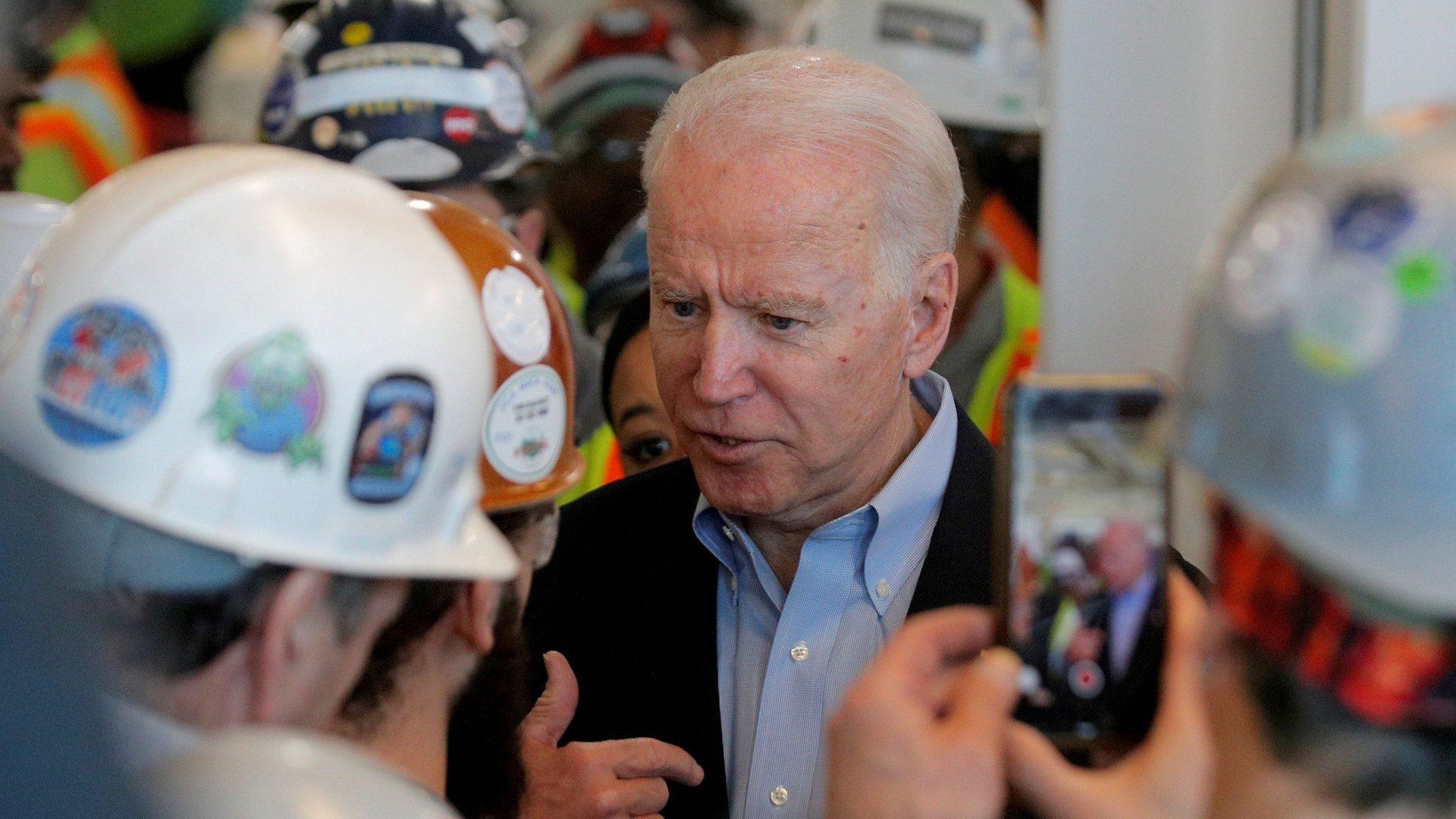Even Republicans are warming up to higher tax increases and government spending
As countries unrolled lavish stimulus programs through the pandemic to preserve their economies, government spending has grown in popularity, according to polls and studies.


As countries unrolled lavish stimulus programs through the pandemic to preserve their economies, government spending has grown in popularity, according to polls and studies.
Across party lines, Americans warm up to the idea of tax increases and public expenditure once they realize the extent of the pandemic’s damage, a new survey-experiment has found. And these effects may persist, the authors wrote: “COVID-19 information has the potential to tilt US politics in the direction of…a kind of fiscal ‘New Deal,'” making abundant government spending a policy for years to come.
The study, conducted by researchers at King’s College in London and the University of East Anglia and published by the Social Science Research Network (SSRN), surveyed 2,245 Americans, a mix of Democrats and Republicans on their views about fiscal policy. After ascertaining their level of knowledge about the pandemic and its effects, a control subset of this group heard a snatch of music, while another subset was dosed with the following information:
“The International Monetary Fund (IMF) expects the US economy to shrink by 5.9% in 2020 compared with 2019. This estimated loss of 5.5% equates to a loss of around $3,848 per person in 2020 compared with 2019.“
This information had what the authors call a “de-polarizing effect.” After being given this statistic, when participants were asked again about their desired fiscal policies, their responses tended to draw closer together across any partisan divide. Their preferences to cut government spending shrank. To pay for this spending, they favored tax increases in which all Americans—especially older people—contribute a proportion of their income, rather than just a higher tax on corporations and the wealthy.
The results chime those of another survey, conducted in December by SurveyMonkey for the New York Times, which showed that 59% of Americans approved of president Joe Biden’s $1.9 trillion stimulus package. This included 43% of Republicans or Republican-leaning voters. Around 48% of respondents thought, in fact, that the package was too small, and that the administration needs to spend more to kickstart economic growth and save jobs and businesses.
Europeans demand higher government spending, too
Surveys elsewhere yield similar outcomes. In the UK, a YouGov poll conducted for Sky showed that 49% Britons want public spending to remain high even after the pandemic, while only 20% wanted spending to be pared down. On the Continent, 54% of respondents in a Eurobarometer poll thought that the EU needs a larger budget to deal with the consequences of Covid-19.
These effects may wane as Covid-19 fades, the authors of the SSRN study admitted. But if people are “mobilized by Covid-19 information, then the effects are likely to be more enduring.” In which case, the pandemic will have inaugurated a sustained expansion of the state—of its expenditure, of its willingness to tax, and of its role in people’s lives.